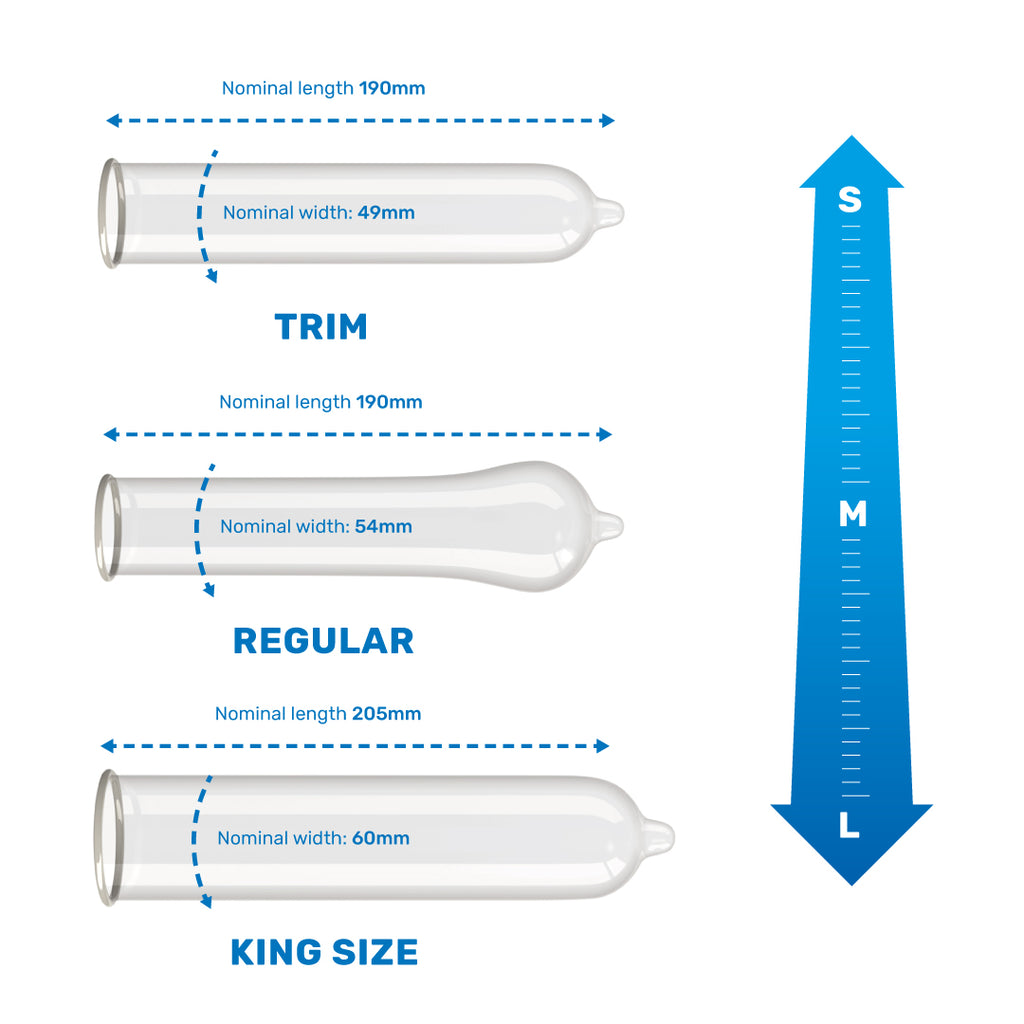
World Mental Health Day: What is limerence?
World Mental Health Day takes place on the 10th October every year - an international celebration that focuses on raising awareness of mental health matters around the world. This year, the world is honouring the important theme ‘making mental health and wellbeing for all a global priority’ and we’ve decided to explore the important but little-known topic of limerence.
Limerence is an emotional state that creates uncontrollable obsession and infatuation for a particular person, known as a limerent object. Limerence is often thought of as an addiction of ‘love’ that can be difficult to break and can leave people feeling depressed and anxious and affecting every aspect of their life while impacting on their mental health.
This World Mental Health Day, let’s find out more about limerence, how it differs from love, what are the signs you are in limerence and what to do if you think you may be having a limerence episode.
What is limerence?
Limerence is often described as feeling similar to the first start of a relationship where it can feel intense and distracting - but those that endure a limerent episode, it can often feel more intense and intrusive and their feelings may not be reciprocated. The limerent object may be someone they have / had a relationship with, someone they may have never met, a celebrity figure or even someone they may have had an encounter with once.
When someone is in limerence, they are often plagued with obsessive thoughts and fantasies about their limerent object with intense feelings that range from euphoria to despair that are contingent on whether their feelings are reciprocated. Those that are in limerence with another person often see ‘signs’ that their limerence is reciprocated, even if they are not, which creates euphoric ‘highs’. It may be in the form of receiving a text message, a smile, a friendly conversation, a special look - anything that fuels the fantasy that the other person is interested.
These highs can become addictive and when not received, individuals can fall into deep despair and withdrawal until an incident happens that causes them to feel another euphoric high. Like most addictions, it can affect people’s sleep, appetite, ability to go to work, interests, activities or mental health.
How does limerence differ from love?
Those that are in limerence can often feel as though they are in love with their limerent object, but in reality, they are addicted to the euphoric highs and lows of the ‘relationship’ - whether it’s an actual relationship, a friendship, an acquaintance or someone who they see occasionally.
When someone begins a limerence episode, it can often be a result of an intense attraction that occurs instantaneously and can be initiated through a sexual attraction or ‘chemistry’. Individuals may put their limerent object on a ‘pedestal’ creating an idealistic view of this person that may not be congruent with reality, for instance, dismissing any flaws the person may have and viewing the other person as ‘perfect’. Obsessive thoughts of this person are present that are hard to control and will be with you every moment of the day.
When someone is in love, feelings may not feel as intense and thoughts may not be so obtrusive. There’s usually a true emotional and intimate connection that feels healthy and safe. Love doesn’t affect every aspect of your day, and you are able to go to work, see family and friends, and continue with hobbies without obtrusive fantasies or feelings impacting you or your mental health.
Signs you are in limerence?
There are a few signs you can detect if you think you may be in limerence with another person - here are just a few;
- You find yourself creating fantasies about this person on a regular basis
- You hold this person to a really high standard or ‘pedestal’ and are unable to see any flaws
- You have obsessive thoughts that you are unable to control
- You feel euphoria when you think your feelings may be reciprocated and despair when you have perceived rejection or not received any ‘attention’ from your limerent object and your ‘mood’ is dependent on this attention
- You find yourself anxiously ‘waiting’ for signs, whether it’s the next time you see them or a text message that impacts your day-to-day life
- Obsessive ‘ruminating’ thoughts or feelings that impact on your sleep, appetite, family and friends and mental health
- You feel unable to ‘give this person up’ - you may have tried to in the past but relapsed as you need their attention
What can you do about it?
Healing from a limerence episode can be a very difficult thing to get through, as it can feel like an addiction of the other person.
Finding a therapist that can help you unpack why you are having this limerent episode can help to minimise symptoms. They may recommend that you have ‘no contact’ with this person, while you heal and you may find that just like a drug or alcohol addiction, you have withdrawal symptoms to begin with - but they’ll soon pass.
Show yourself compassion and kindness and remember that it’s not love, it’s an addiction of the other person and focus on your own health and wellbeing and incorporate grounding exercises like meditation or yoga.





